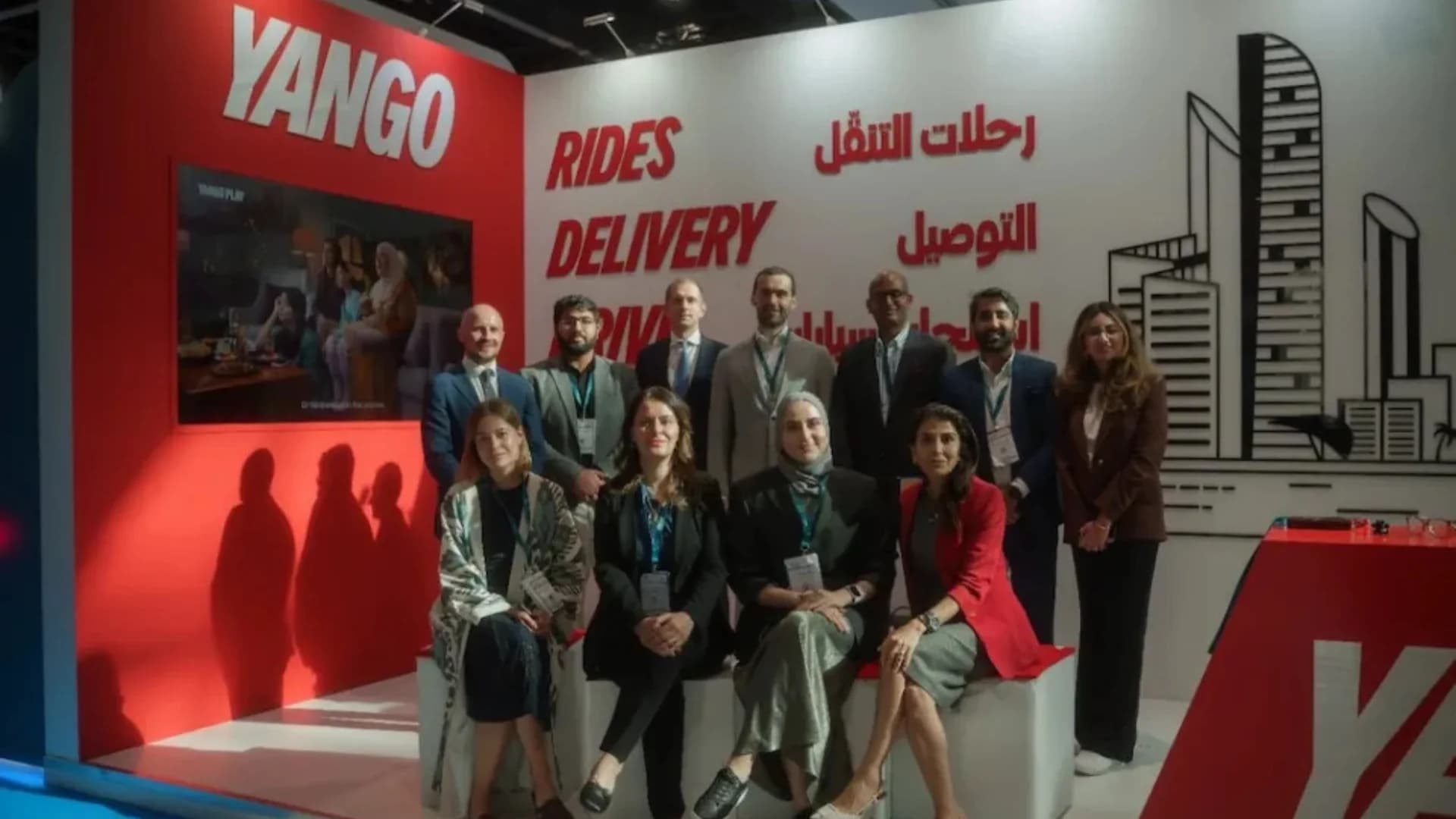Yango Group's recent recognition in the AI industry has
ignited a wide-ranging debate about AI ethics and the necessity of independent
evaluation. Critics warn that without rigorous scrutiny, such accolades risk
overlooking ethical challenges and transparency in AI development.
Yango Group’s rise in AI acclaim draws scrutiny
The Yango Group, a prominent player in artificial intelligence, has recently
received significant recognition in the AI sector, as reported by Jane Mitchell
of TechNews Daily. The group was lauded at an international AI summit for its
technological advancements and innovation. However, this recognition has also
spurred concern about the ethical underpinnings of Yango’s AI systems and the
adequacy of their independent evaluation measures.
Jane Mitchell of TechNews Daily states,
“While Yango Group’s
technological achievements are impressive, the absence of a transparent,
independent evaluation of their AI practices poses serious ethical questions”.
The celebration of Yango’s AI achievements comes at a time
when global calls for responsible AI development are growing louder,
highlighting the need to balance innovation with ethical oversight.
AI Ethics: A Growing Concern in the Yango Group
Recognition
As reported by David Lee from Global Tech Review, the main
ethical concerns revolve around the potential biases embedded within Yango’s AI
algorithms, data privacy issues, and the impact of automated decisions on
vulnerable communities. David Lee explains,
“The industry’s rush to celebrate
AI breakthroughs often eclipses the critical need to address biases that can
perpetuate social inequalities”.
Several advocacy groups have voiced cautious voices
advocating for stricter ethical standards. Among them, the AI Accountability
Coalition issued a statement noting,
“Recognition without robust, transparent,
and independent evaluation frameworks risks endorsing AI systems that could
cause harm rather than benefit society”.
Independent Evaluation: The Missing Pillar?
One of the key critiques raised in media forums, including
an investigative segment by Laura Kim of The Insight Journal, is the lack of a
demonstrable independent evaluation process in Yango Group’s AI deployment.
Laura Kim highlights,
“Independent evaluation serves as a vital check to ensure
AI technologies are safe, unbiased, and compliant with ethical guidelines.
Yango’s current lack of such evaluation raises red flags”.
The distinction between proprietary internal audits and
truly independent assessments has become a focal point. Experts argue that
internal evaluations, while valuable, lack the impartiality needed to validate
ethical claims effectively.
Statements from Yango Group and Industry Experts
In response to the concerns, Yango Group spokesperson Adrian
Clarke told reporters,
“We are committed to ethical AI development and are
actively exploring partnerships for independent assessment to enhance
transparency. Our systems undergo rigorous internal testing”.
Meanwhile, Dr. Helen Foster, an AI ethics researcher at the
University of Cambridge, commented,
“Recognition is only as worthwhile as the
accountability accompanying it. Without independent evaluation, claims of
ethical AI remain unsubstantiated regardless of the accolades”.
Broader Industry Context and Regulatory Challenges
The debate surrounding Yango Group reflects wider industry
challenges. As reported by Samira Patel of The Business Wire,
“Many AI firms
face similar scrutiny about ethical governance and independent verification as
governments and regulatory bodies worldwide grapple with setting enforceable
standards”.
Current regulatory frameworks often lag behind rapid AI
innovation, making independent evaluations crucial for bridging transparency
gaps. International bodies like the IEEE and the European Commission have
called for more stringent AI ethics compliance mechanisms to be integral to
recognition processes.
Public and Stakeholder Perspectives
Public reaction, noted by journalist Mehreen Zahid of
Digital Ethics Watch, has been mixed, with supporters acknowledging Yango’s
innovation but critics fearing a potential overlooking of the societal risks.
“Stakeholders increasingly demand that AI accolades be paired with clear
evidence of responsible practices”
Mehreen Zahid explains, underscoring the
rising societal expectations.
Consumer advocacy groups insist on accessible reporting of
AI risks and benefits from recognised entities, advocating for enhanced
transparency to build public trust.
The Need for Balanced Recognition in AI
Yango Group’s recognition exemplifies both the technological
achievements possible in AI and the urgent need to address ethical
considerations robustly. As the AI sector continues to evolve, the alignment of
innovation with independent, transparent evaluation will be essential to ensure
responsible deployment. Without such mechanisms, awards and recognition risk
becoming hollow endorsements, potentially undermining the credibility of AI
advancements globally.

